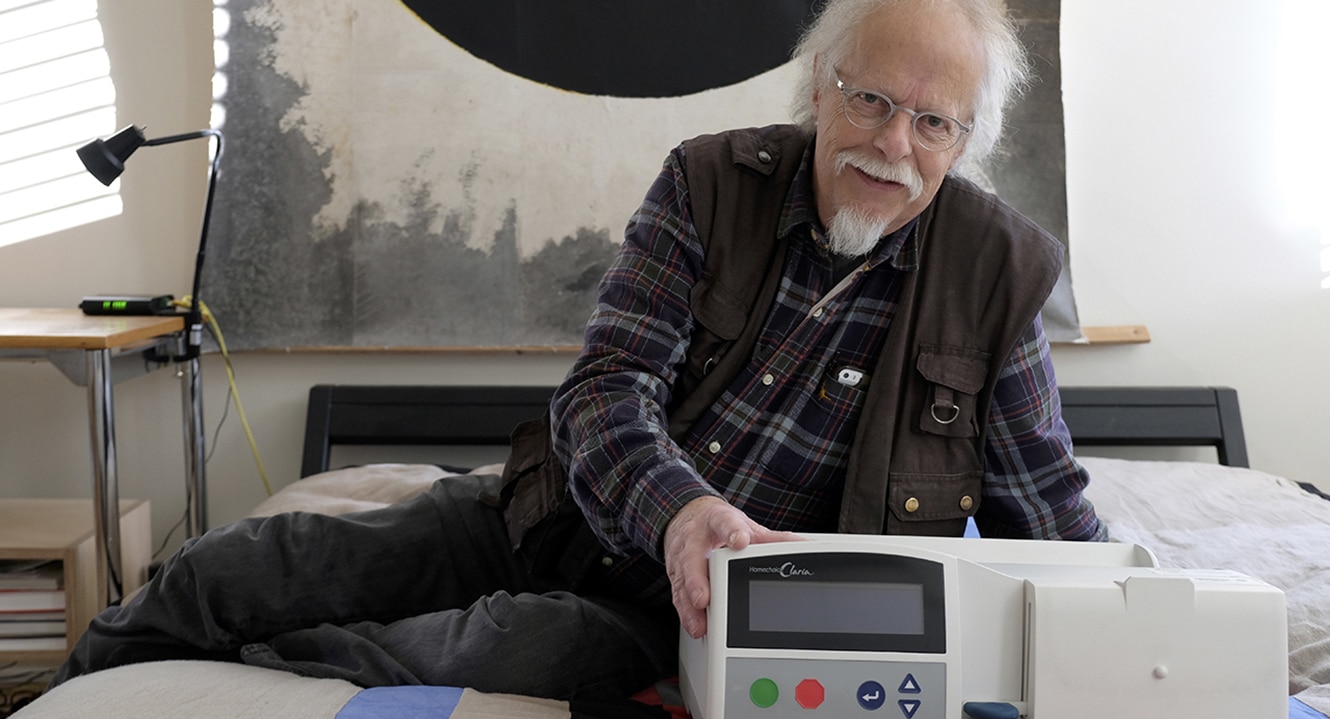Statutory inheritance
Testators who draw up a will must respect statutory entitlement rights and must not violate them. Contrary to the norm, the law stipulates a statutory entitlement, which varies depending on the heirs.
For the regular inheritance shares, it plays an important role whether there is a surviving spouse or a registered partner. The entitlement of the spouse or registered partner is determined on the basis of the persons with whom they must share the inheritance.
What are the statutory entitlement rights?
A person can draw up a will or contract of succession to manage their assets after their death. However, the testator is not completely free to dispose of his or her estate.
If there are descendants of the first parentela (cf. The parentelic system), the surviving partner inherits half of the estate. If there are no direct descendants and the surviving partner has to share with persons of the second parentela, he or she inherits three quarters. If there is also no one from the second parentela, the surviving spouse or registered partner inherits everything. Within a parentela, inheritance is always in equal shares. Persons of the first parentela are entitled to three quarters of their statutory claim to the inheritance. Persons of the second parentela are entitled to half.
Exceptions
A spouse may stipulate in a will or in a marital agreement and contract of succession that, in the event of his or her death, the surviving spouse will receive the entire inheritance (cf. Favouring the surviving spouse) and thereby violate the statutory entitlement of the joint descendants. Non-common descendants nevertheless have their statutory inheritance entitlement. Should the surviving spouse remarry, he or she must also pay off the joint descendants their statutory entitlement.
If a legal heir has committed a serious criminal offence against the testator or a person close to him or her, the testator has the power to disinherit him or her. As a result, the statutory heir loses their statutory inheritance entitlement.
Something to think about:
- Who in my family is entitled to inheritance?
- Does my holographic will respect the statutory entitlement rights?
- Would it make sense to favour the surviving spouse?
- Is a marital agreement required to deviate from intestate succession?
You might also be interested in:
- Bequeath without a will – the parentelic system
- Heirs often lose a lot of money – but this does not have to be the case
- Statutory entitlement and the free quota: 3 examples
- Favouring the surviving spouse
- The way to inheritance – how does an inheritance work?
- Inheritance: dividing up the assets
Will: Would you like to bequeath a ZEWO-certified non-profit organisation?
DeinAdieu recommends the following partner organisations:
• Swiss Rheumatism League: www.rheumaliga.ch
• ADES Solaire: www.adesolaire.org
• Tanne Switzerland. Foundation for Congenital Deafblindness: www.tanne.ch
• Centre Ecologique Albert Schweitzer: www.ceas.ch
• EcoSolidar: www.ecosolidar.ch
• Pro Senectute Canton Zurich: www.pszh.ch
• Terres des hommes Switzerland: www.terredeshommesschweiz.ch
• SWISSAID: www.swissaid.ch
What does ZEWO-certified mean?
ZEWO is the Swiss monitoring agency for charitable fundraising for Swiss NPOs. ZEWO ensures clarity and honesty and promotes society’s trust in charitable activities. It works to ensure that donations are used effectively for their intended purpose. Charities monitored against ZEWO’s standards and which meet them are awarded the ZEWO seal.
More legal blogs on DeinAdieu.ch
16 November 2016: Will – requirements on form and content => LINK
18 January 2017: Contract of succession
24 January 2017: Statutory entitlement in law of succession



